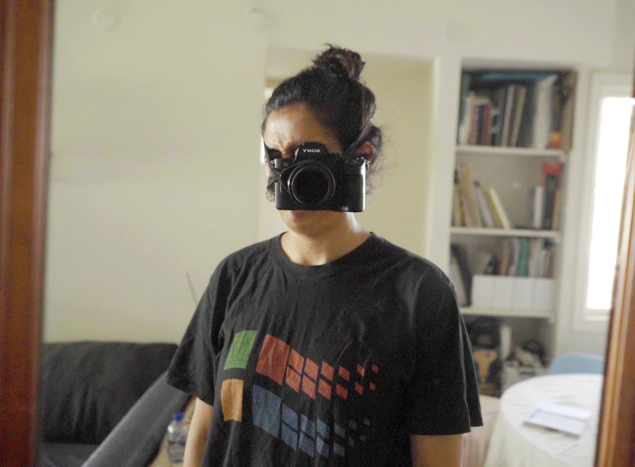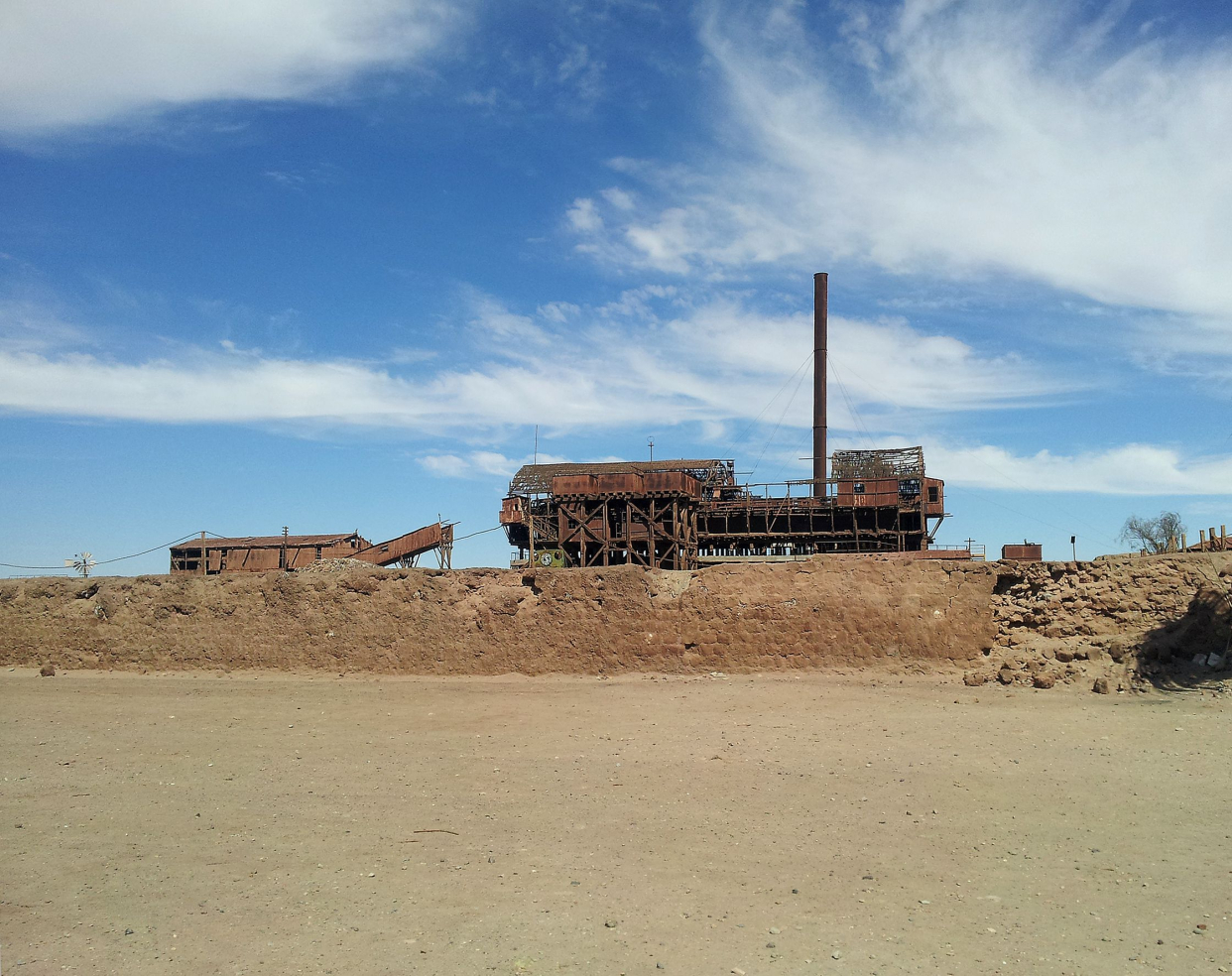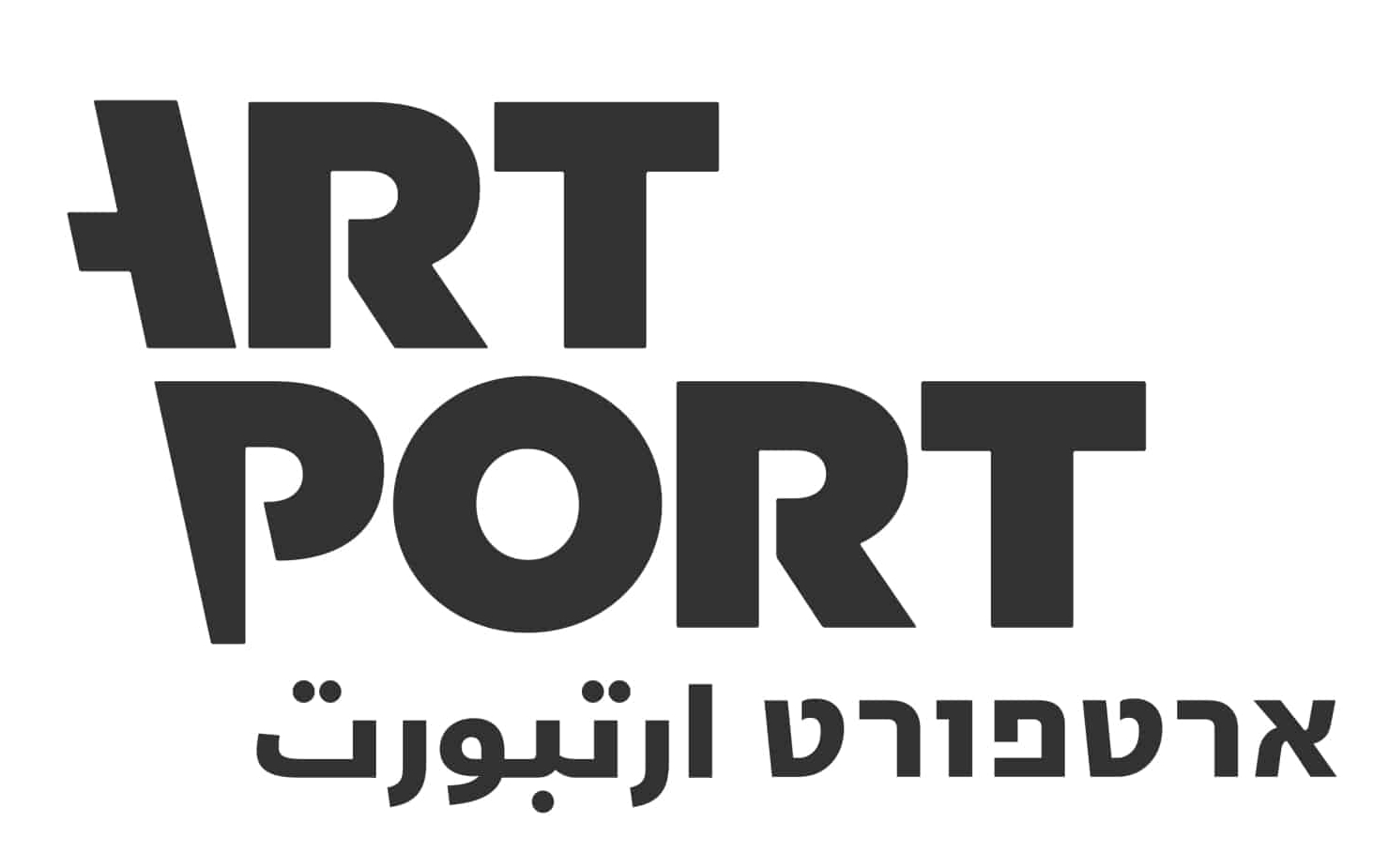Artist Film Festival
Artist Film Festival at Artport and Ticho House, Jerusalem. A weekend filled with screenings, talks, and events dedicated to artist films
Artistic Director: Gilad Reich
Free admission
For the 2022 film festival program, click here.
The second Artist Film Festival at Artport and Ticho House!
Dates: 9.7.2025 - 12.7.2025
Admission to all screenings and events is free, but seating is limited and available on a first-come, first-served basis. All films are subtitled in Hebrew unless otherwise noted.
We recommend arriving at least 15 minutes before the screening begins to secure your spot. Late entry will not be permitted.
Festival Program
Wednesday
09 07 2025-
Event
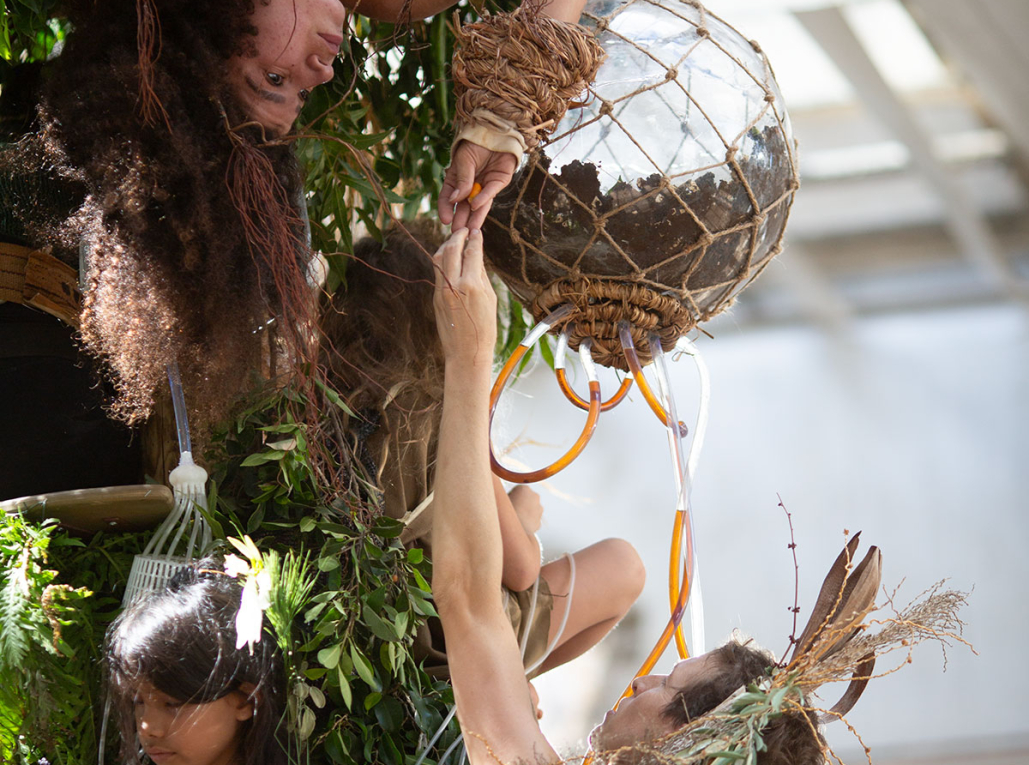
Opening of Ayelet Carmi and Meirav Heiman’s exhibition: Bliss
Wednesday, 9.7.25 18:30 Jerusalem Ticho HouseTwo new video works are shown in this new exhibition by Ayelet Carmi and Meirav Heiman: Bliss (2025) – screened for the first time – and Zahara (2021), in its museum premiere. Despite being very different, both videos offer visions of a parallel world, one that seems to be familiar, though not of this time and place. Zahara is based on the tragic story of Zahara Levitov (1927–1948), one of Israeli’s first military pilots. The film reimagines what happened after her plane crashed in Jerusalem’s Valley of the Cross, as she and an older woman make their way through modern city streets. In Bliss a group of women escape an unknown calamity to create a new communal life in tune with the seasons and cycles of nature, building a human column that takes shape before our eyes.
Together these works exemplify the conceptual world of Carmi and Heiman: an archetypal female world that bases itself on larger-than-life historical figures while presenting ordinary women with whom anyone can identify or empathize. The exhibition also connects to Anna Ticho (1894–1980. It is interesting to read Carmi and Heiman’s works through the prism of Ticho’s drawings of Jerusalem and of women. Her aging women of wisdom resonate with Carmi and Heiman’s videos.
-
Screening Ticho House, Jerusalem
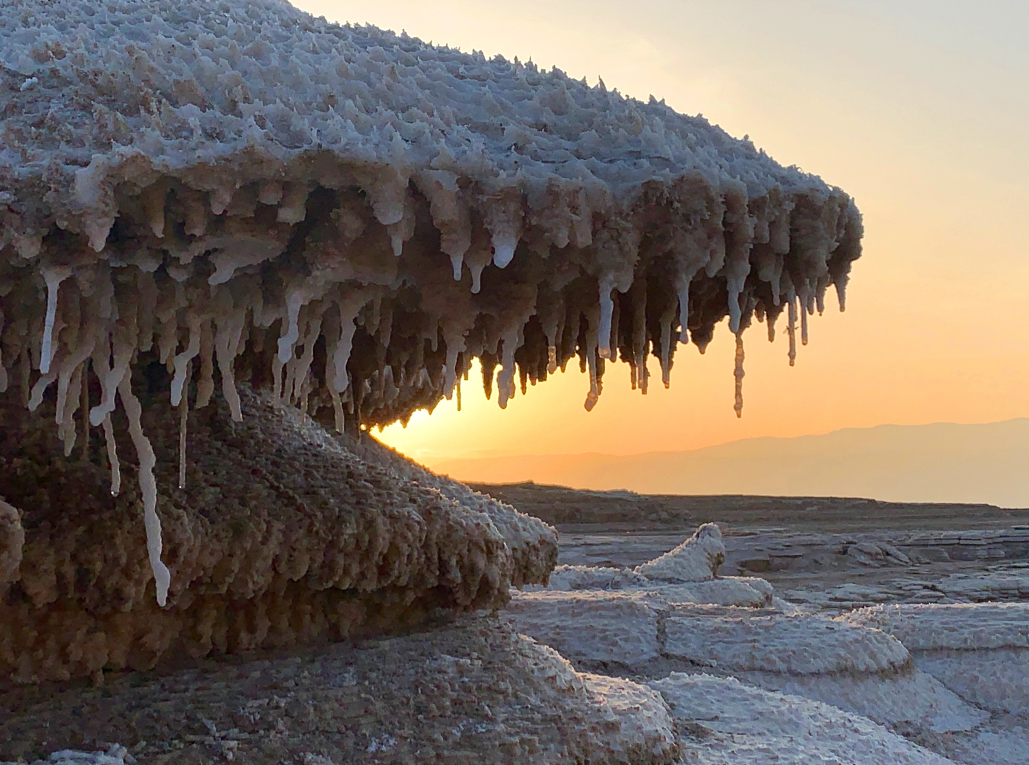
Program 1: The Map and the Territory
Wednesday, 9.7.25 20:00 Ticho House, JerusalemArtists:
David Brognon & Stéphanie Rollin,
Karen Russo, Shabtai Pinchevsky -
Screening Ticho House, Jerusalem
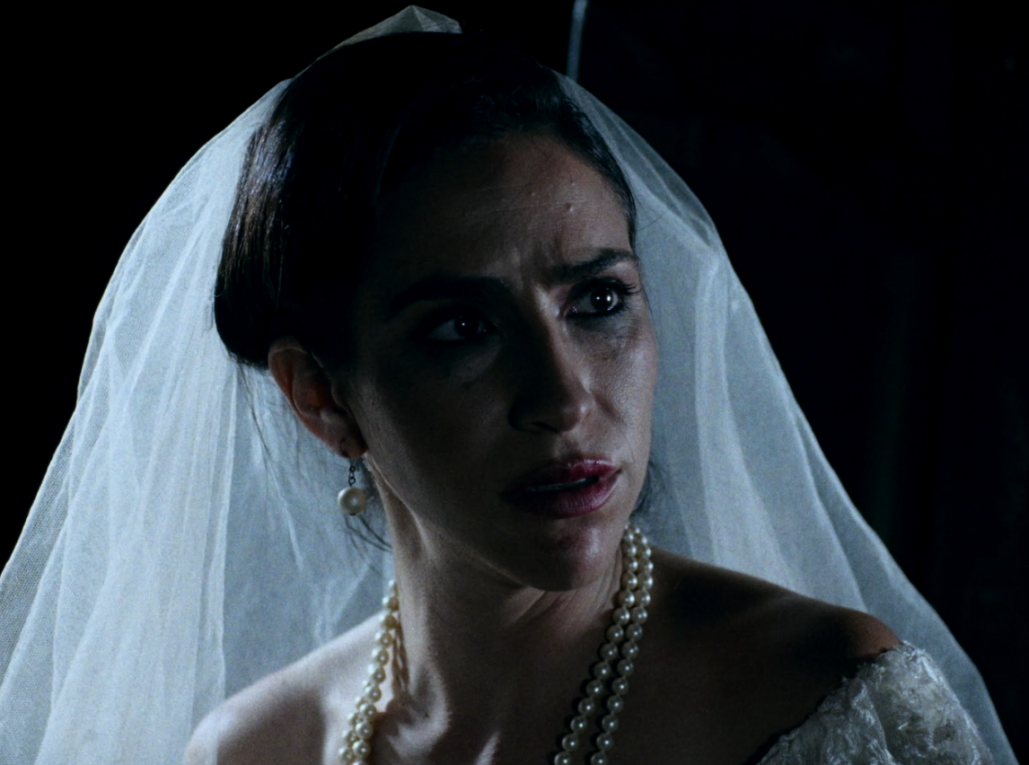
Special Program: Why Do We Look Around in Fear?
Wednesday, 9.7.25 21:00 Ticho House, JerusalemArtist:
Tzion Abraham Hazan
Thursday
10 07 2025-
Event
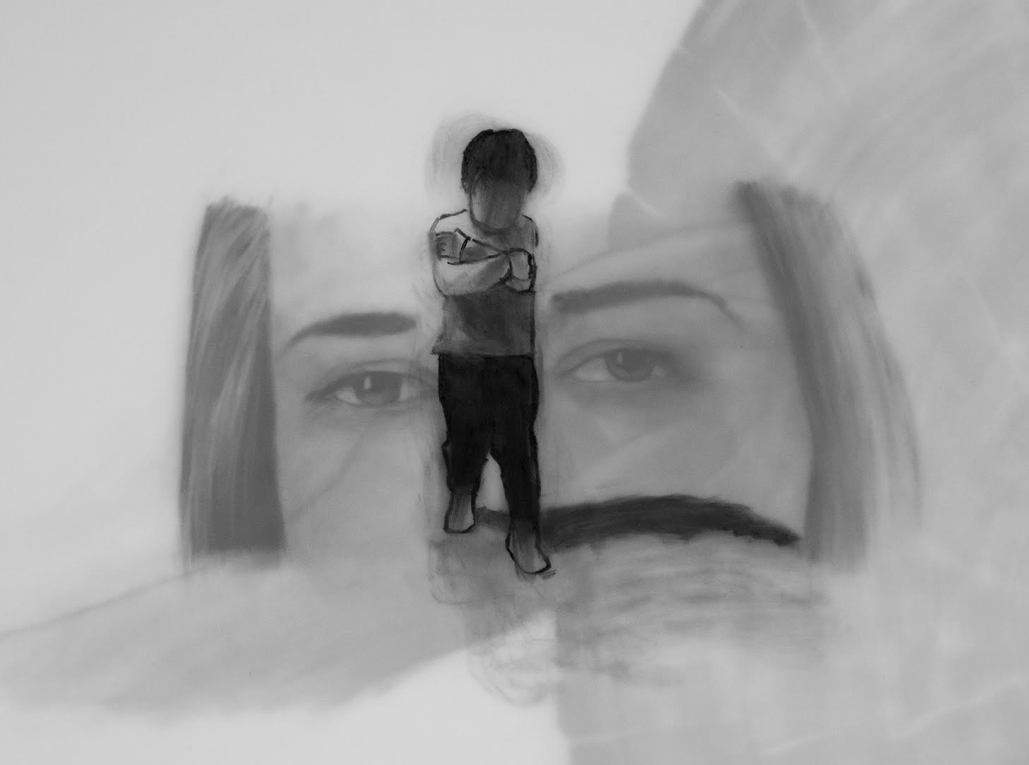
Image-based Conversation: How to Read Drawing Films
Thursday, 10.7.25 19:00 Ticho House, JerusalemIn this collection, Maya Zack offers a perspective on drawing as both an artistic medium and a source of inspiration for video art. In the selected films, drawing is not merely a tool for documentation, but an independent expressive language that reflects on itself, its process, and the creative forces it embodies. The films trace the act of drawing, reconstruct the motion of the drawing hand, or present new interpretations of well-known works. Through the eye of the camera, the material dimension of drawing is emphasized, revealing a medium often considered fragile as one of deep, dramatic creative power and transformative potential.
Maya Zack is an artist, filmmaker, and senior lecturer at the Bezalel Academy of Arts and Design. Her works have been exhibited in museums, galleries, and film festivals in Israel and internationally, and are held in prominent public and private collections.
Image: Hirotoshi Iwasaki, Daughter of Butades, 2024, video, 8:36 min
-
Event
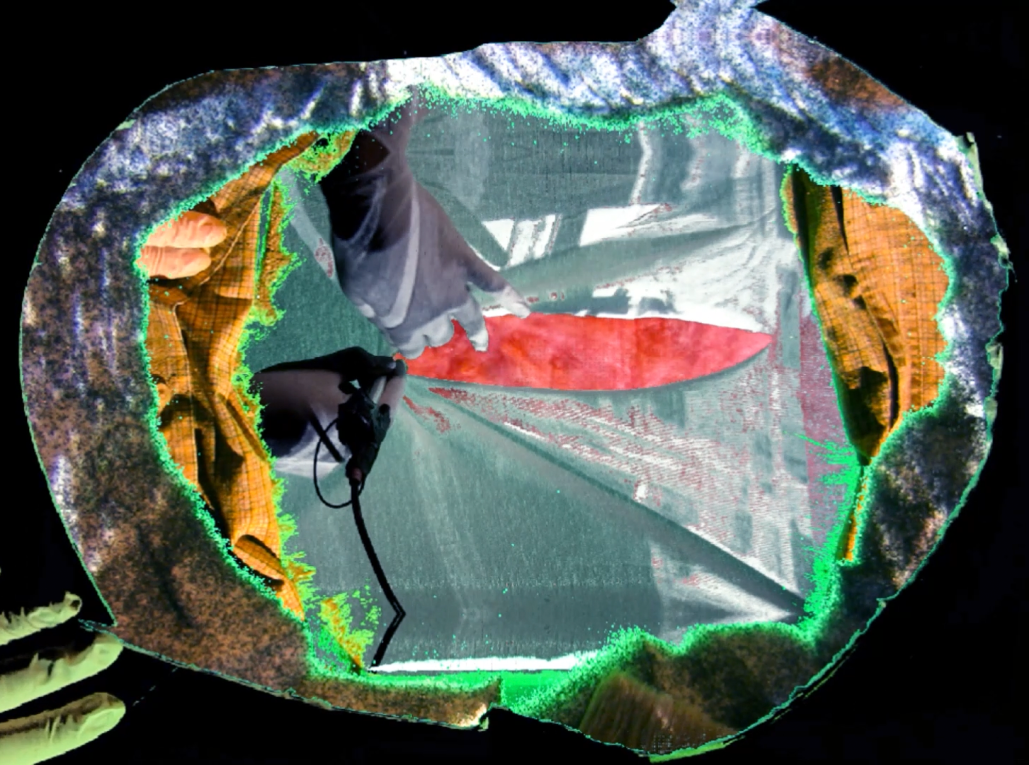
Fault
Thursday, 10.7.25 20:00 Ticho House, Jerusalem + Artport, Tel Aviv“Fault ” is a sculptural audiovisual performance in which Nadav Assor creates multi-layered images on an overhead projector, performing various acts of “excavation” directly on its surface. Though the process involves adding rather than removing material, it gradually reveals underlying structures, substances, and memories—both real and imagined. Using a range of techniques, Assor invites the audience to observe the process of visual investigation, as images take shape and dissolve before their eyes.
The performance will be broadcast live to both festival venues from Providence, Rhode Island, creating a sense of shared presence.
Nadav Assor (b. 1979) lives and works in Providence, Rhode Island and in Israel. He holds a BFA from the Art Institute at Beit Berl and an MFA in Art from the School of the Art Institute of Chicago (SAIC), USA. He currently teaches at Connecticut College and serves as Director of the Ammerman Center for Arts and Technology. He is an affiliate of the Open Documentary Lab at MIT.
Assor works with installation, performance, video, and sound, creating layered, polyphonic, and embodied audiovisual environments that explore intimacy and connection between individuals and between people and their environments through technological interfaces. His works have been shown internationally in venues dedicated to art, film, documentary video, and experimental music. His video works are distributed by the Video Data Bank in Chicago.Daniel Davidovsky (b. 1965, Argentina) is a musician and sound artist who has been living and working in Israel since 1989. Davidovsky specializes in free improvisation and the creation of rich soundscapes using soprano saxophone and electronic instruments. His work is marked by an expressive approach that combines deep exploration of textures and tonal shades, emerging from attentive listening and a dialog with both material and conceptual environments. He has performed at festivals and events in Israel and abroad and collaborates with artists from the fields of music, dance, and visual art.
-
Screening Artport, Tel Aviv + Ticho House, Jerusalem
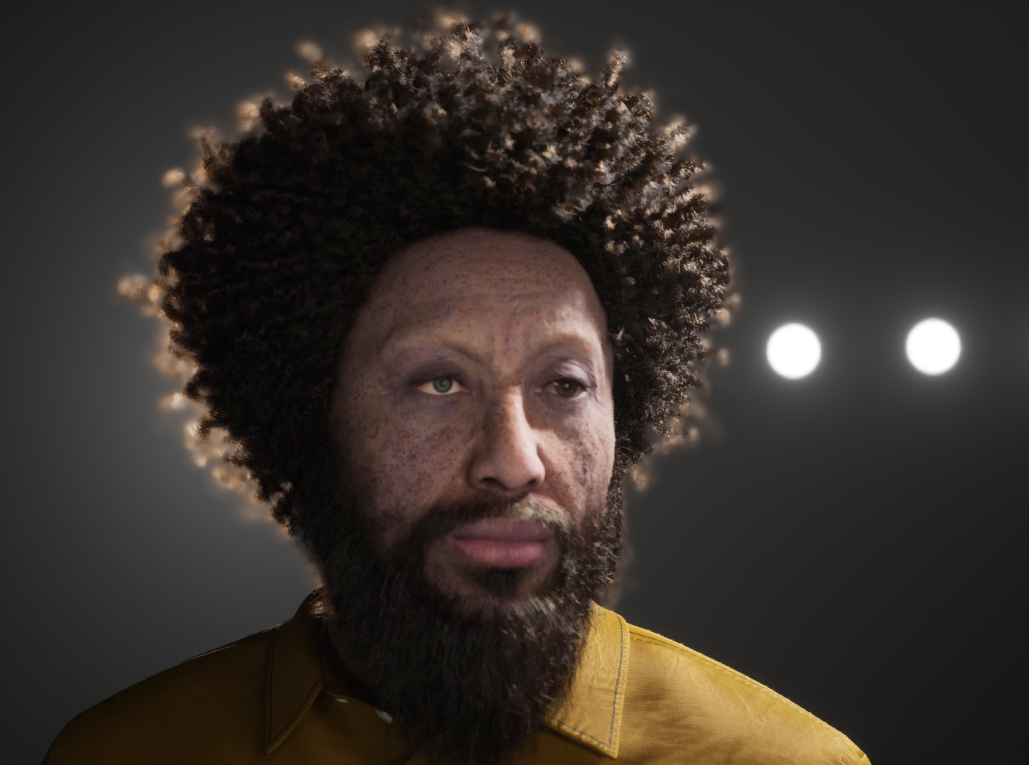
Program 4: The New Forms of the Self
Thursday, 10.7.25 21:00 Artport, Tel Aviv + Ticho House, JerusalemArtists:
Tamy Ben-Tor, Yael Sloma, Amir Yatziv
-
Screening Ticho House, Jerusalem
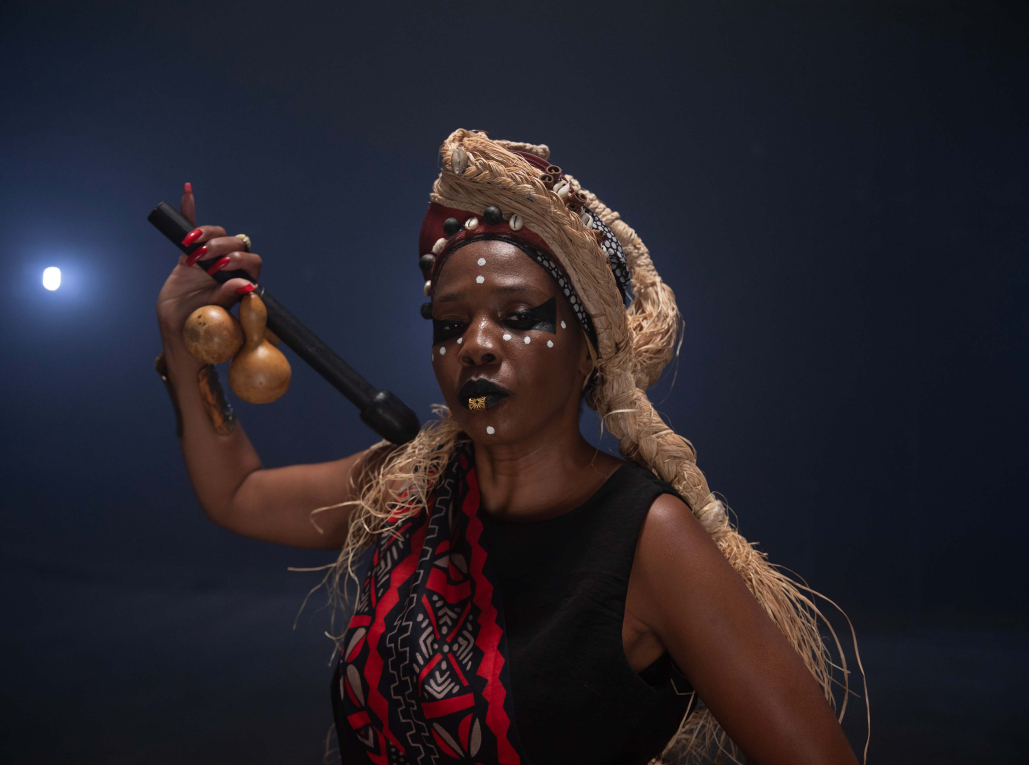
Program 5: Carriers of Otherness
Thursday, 10.7.25 22:00 Ticho House, JerusalemArtists:
Yael Bartana, Nir Shauloff and Ana Wild, Daniel Laufer
Friday
11 07 2025-
Event
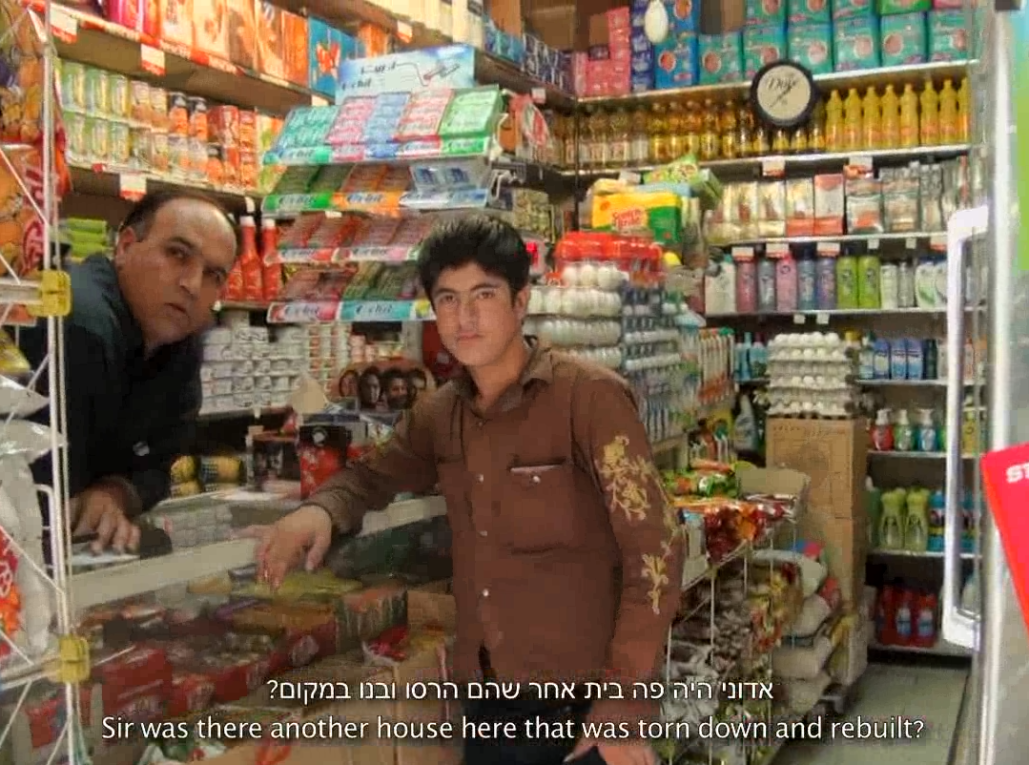
Image-based Conversation: On Artists who Escape and Artists who Remain
Friday, 11.7.25 11:00 Artport, Tel AvivBetween video works that imagine departure and those committed to staying, a poetic space of artistic strategies for coping with a conflict-ridden reality unfolds. Dori Ben Alon examines how Israeli artists use the moving image to return to repressed sites of memory and identity, or to propose an alternative mode of being within the existing space. Through the prism of political imagination, she focuses on the ways in which video art allows viewers to experience things that cannot be experienced in physical reality.
Dori Ben Alon is a Ph.D. candidate in Art History at the Hebrew University of Jerusalem. Her dissertation focuses on Israeli video art from the past two decades.
*Image: Shelly Federman, Floating Wall, 2009
-
Screening Artport, Tal Aviv

Program 1: The Map and the Territory
Friday, 11.7.25 12:00 Artport, Tal AvivArtists:
David Brognon & Stéphanie Rollin,
Karen Russo, Shabtai Pinchevsky -
Screening Artport, Tel Aviv
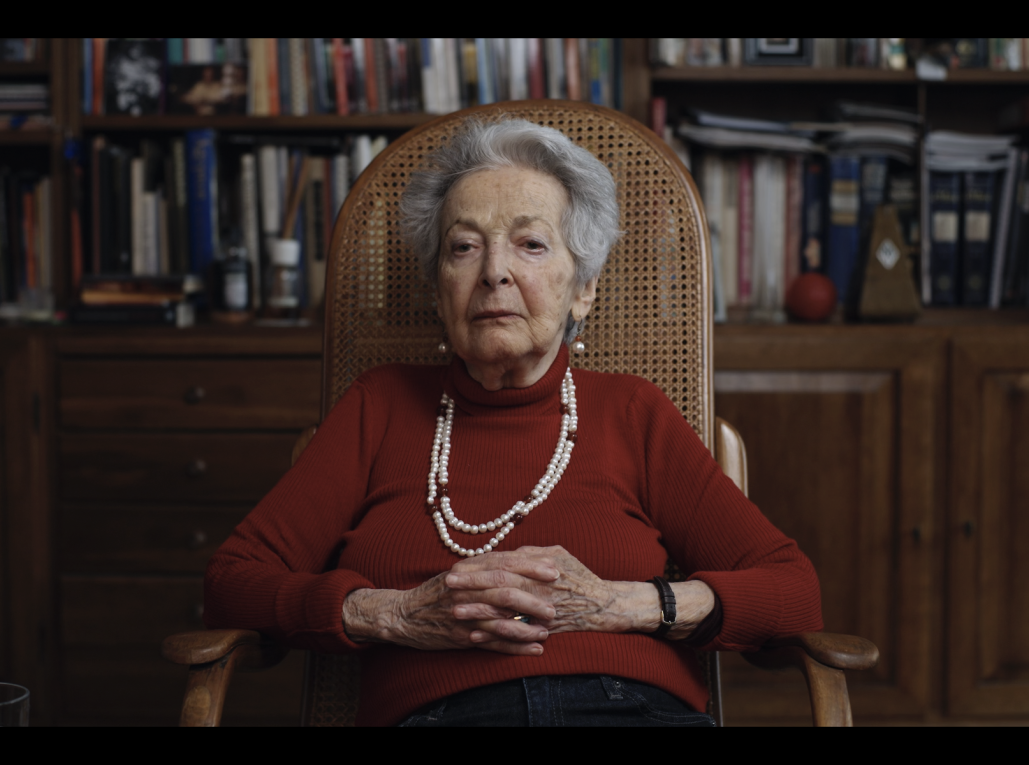
Special Program: Reinventing the Past
Friday, 11.7.25 13:00 Artport, Tel AvivArtist:
Ilit Azoulay -
Screening Artport, Tel Aviv
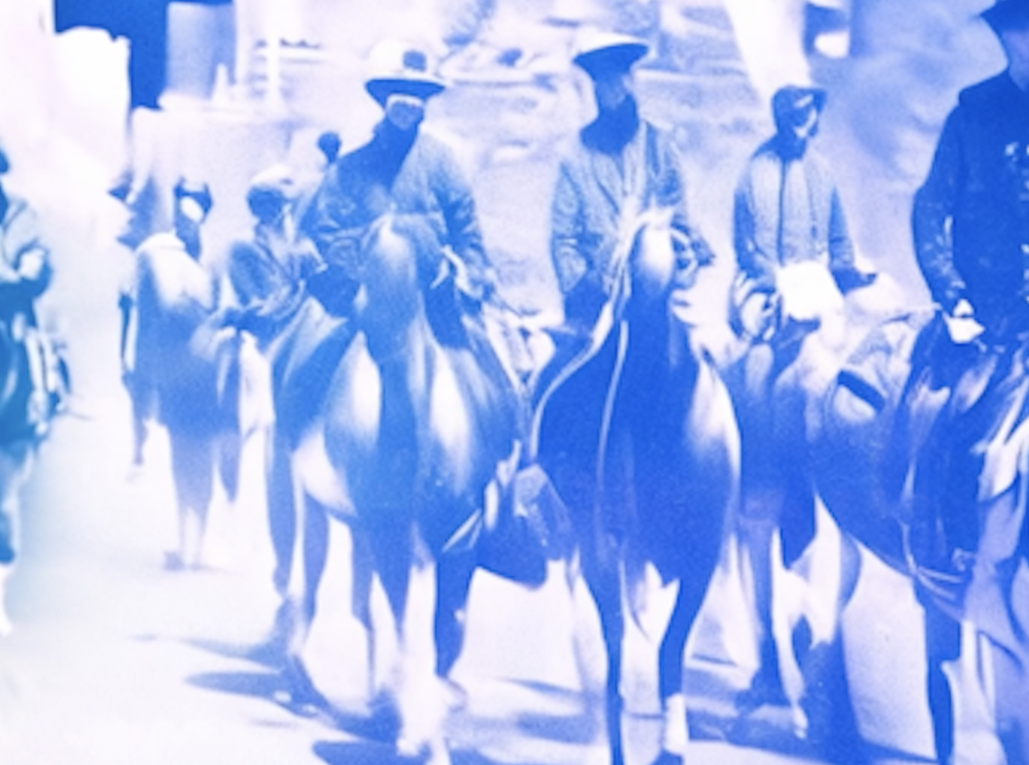
Program 2: Claiming Space
Friday, 11.7.25 14:00 Artport, Tel AvivArtists:
Michal BarOr, Alina Orlov, Amit Berlowitz, Nir Evron
-
Event
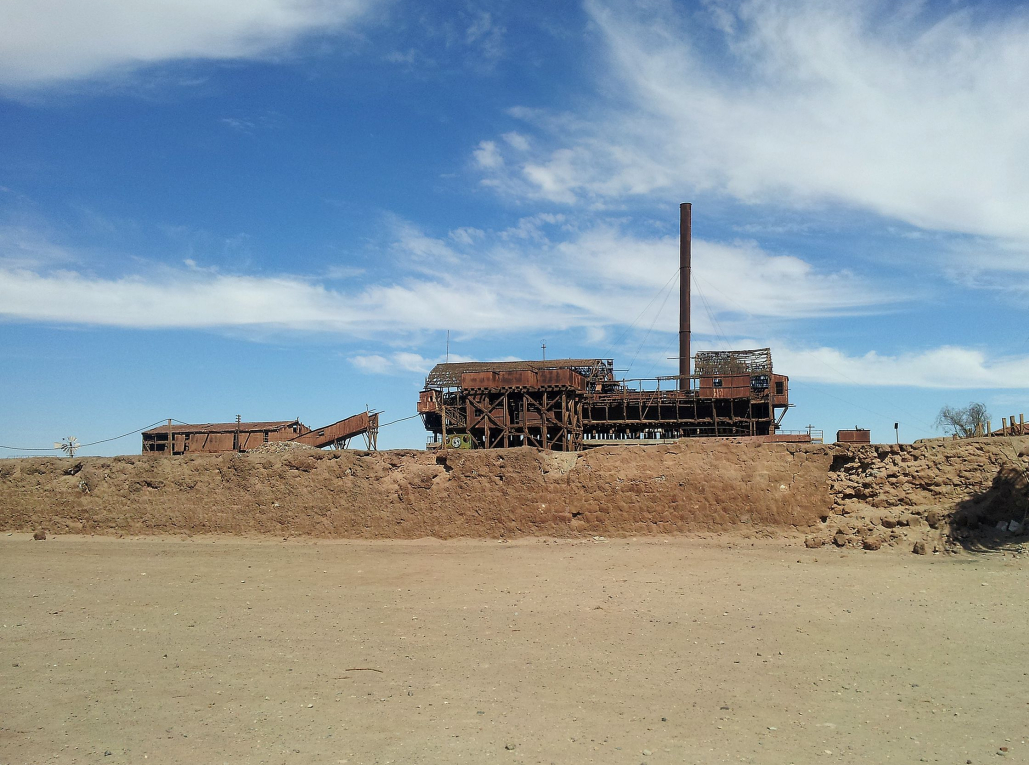
Image-based Conversation: White Land: On Geography and Extraction
Friday, 11.7.25 15:00 Artport, Tel AvivA conversation with Spanish artist Rosell Meseguer on her three-channel video instillation White Land (Tierra en Blanco), which is on view at Artport during the festival. The installation is part of her ongoing investigation into mines—not only as the source of minerals, but also as components of a global network of economic affiliations and societal relations. The installation exemplifies the idea of a “journey,” which is central to Meseguer’s artistic practice.It enables us to view mining, saltpeter, and salt flat landscapes in Sweden, Bolivia, Chile, and southern Europe, especially Spain. By juxtaposing different sites, landscapes, and chemicals, Meseguer draws attention to the recurrence of the same issues around the globe. -
Event

Pioneers: Screenings with a Live DJ Set by KVINT
Friday, 11.7.25 22:00 Artport, Tel AvivA multi-sensory nocturnal dive tracing the pioneers of Israeli video art. The screening will feature rare video works accompanied by a live DJ set by KVINT and a black-and-white cocktail. Throughout the evening, we will journey through the art collection of the Israel Museum and the video archive of the Center for Digital Art in Holon, exploring groundbreaking works by local artists who used emerging technologies as raw material for personal and experimental expression.
Among the works shown are early pieces by Michal Naaman, Buky Schwartz, Michael Drucks, and more.
The films are courtesy of the Israel Museum Collection and the Center for Digital Art Holon Archive.Image: Buky Schwartz, Video Constructions, 1978, The Israel Museum, Jerusalem: Gift of the artist
Saturday
12 07 2025-
Event
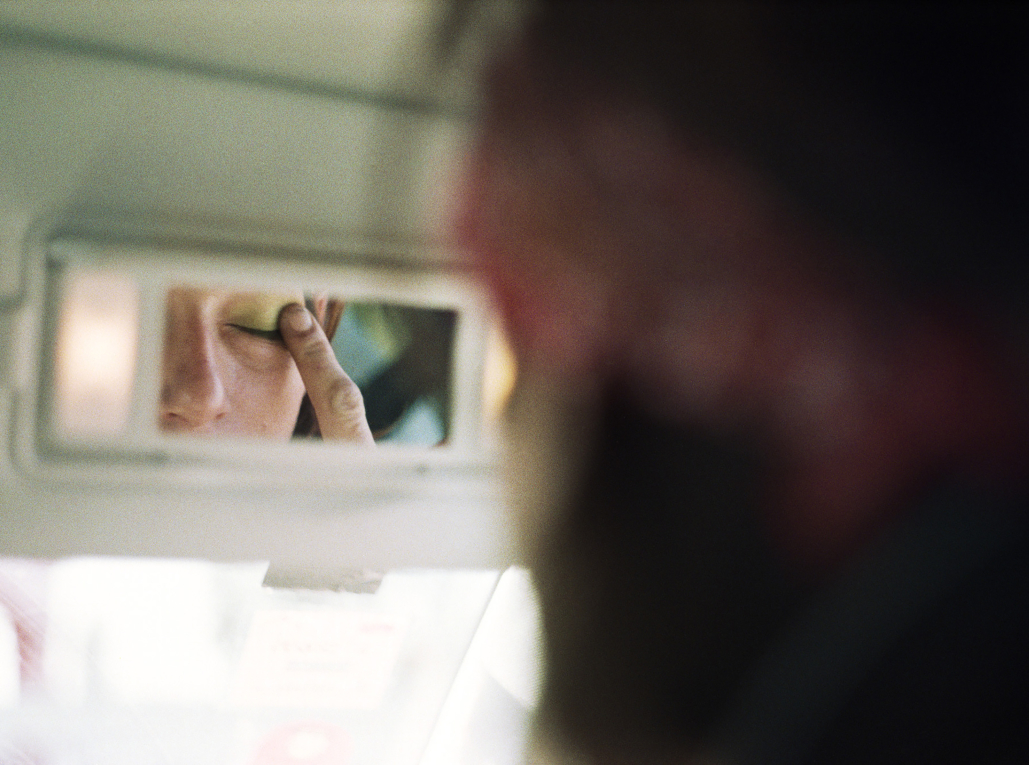
Image-based Conversation: Behind the Scenes of Flower
Saturday, 12.7.25 11:00 Artport, Tel AvivThis film by Anna Yam and Itamar Rose, which premiered at the 2025 Docaviv Festival in Tel Aviv, follows the relationship between artist Anna Yam and a young woman living on the streets who goes by the name “Flower.” Inside Yam’s car and through her lens, a dynamic emerges between the two women that challenges social conventions and raises profound questions about human nature and the will to live. In their conversation, Yam and Rose will turn their attention to scenes left on the cutting room floor and the dilemmas they faced in distilling 150 hours of raw footage into a single film. These considerations underscore the connection between still photography and video, challenging conventional distinctions between art and cinema. -
Screening Artport, Tel Aviv
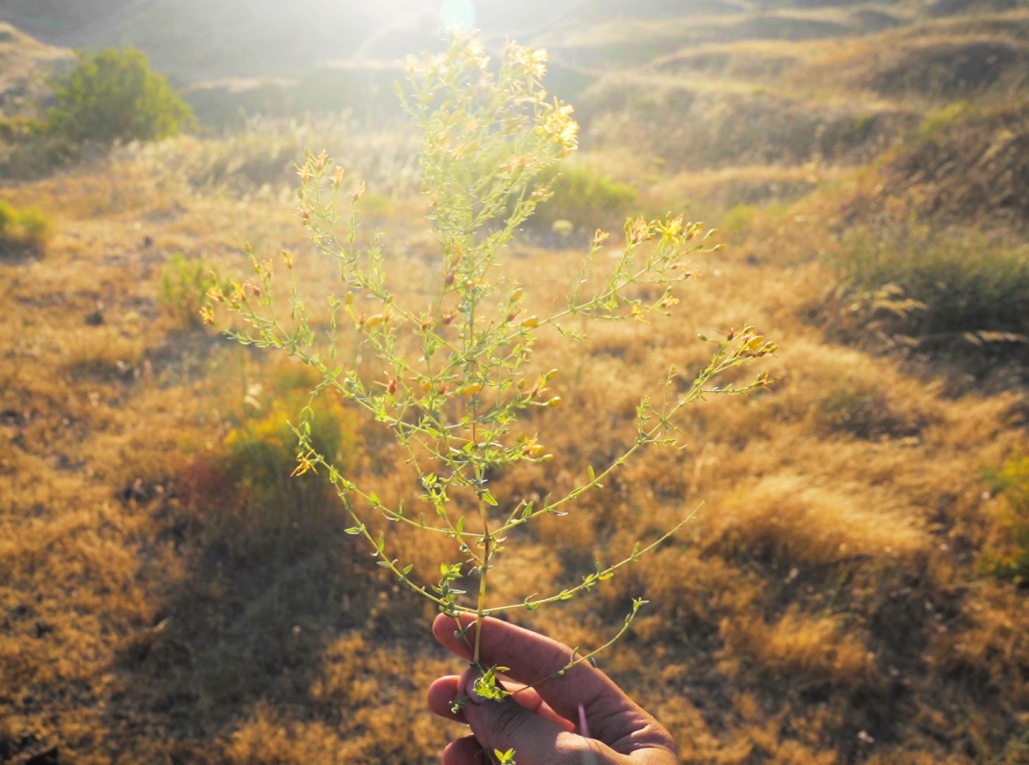
Program 3: The Flâneuse
Saturday, 12.7.25 12:00 Artport, Tel AvivArtists:
Lior Yeger, Noa Simhayof Shahaf, Maya Schweizer
-
Event
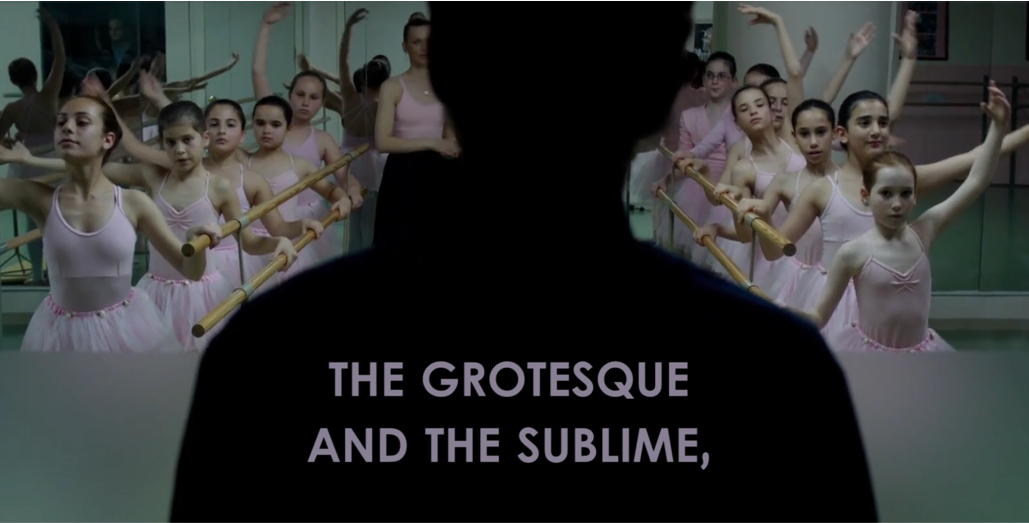
Image-based Conversation: Writing in Images: On the Relationship Between Word and Image in Videographic Works
Saturday, 12.7.25 13:00 Artport, Tel AvivWhat do thoughts look like when written onto a moving image, and how can we think through cinema? Through selected films, Ariel Avissar explores these and other questions by engaging in videographic research, an emerging academic-artistic field that treats video editing as a tool for thought, interpretation, and critique. His talk will focus on the integration of text within cinematic imagery, presenting the range of expressive, investigative, and creative possibilities that this combination offers.
Ariel Avissar is a lecturer and media scholar at the School of Film and Television, Tel Aviv University. In recent years, he has actively promoted videography as an academic practice in Israel and has initiated and participated in various international projects in the field. His works have been published in online academic journals and screened at conferences and festivals worldwide.
-
Screening Artport, Tel Aviv

Program 5: Carriers of Otherness
Saturday, 12.7.25 15:00 Artport, Tel AvivArtists:
Yael Bartana, Nir Shauloff and Ana Wild, Daniel Laufer
-
Screening Artport, Tel Aviv
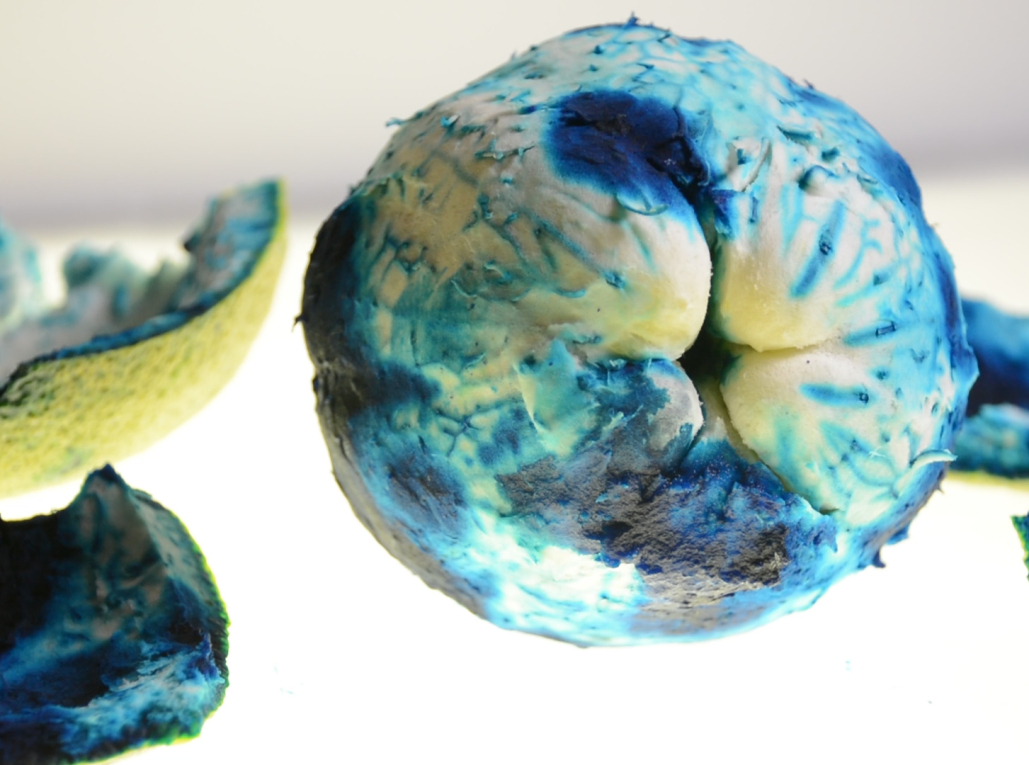
Program 6: What Photography Conceals
Saturday, 12.7.25 16:00 Artport, Tel AvivArtists:
Julia Schäfer, Keren Benbenisty, Janaina Wagner
About The Festival
Three years after the inaugural Artist Film Festival at Artport, the event returns—this time as a collaborative initiative between Artport and the Israel Museum, taking place in both Jerusalem and Tel Aviv. Expanding the festival to two locations aims not only to reach broader and more diverse audiences, but also to spotlight local artists and foreground creative work that engages with a specific place: Israel.
Unlike the first edition, which followed the COVID-19 pandemic and was shaped by the sense of international solidarity that defined that moment, the current festival unfolds amid a time of war, with Israel facing growing international isolation—including in the cultural and artistic spheres. While this year’s program includes a considerable number of works by international artists, its primary focus is on Israeli artists, whether based in the country or abroad. In doing so, the festival fulfills one of its core missions: to serve as a platform for video works that explore the local context through the lens of both art and cinema.
The festival’s emphasis on the here and now also informs the character of the works on view. Many address local history in innovative ways—from employing artificial intelligence to unsettling and deliberate disruptions of the boundaries between fact and fiction. Documentary approaches appear alongside works inspired by the language of narrative cinema, all grappling with current issues by reassembling the past without adopting the rigidity or aggressiveness that often marks the present moment. Even those works that do not directly reference the local landscape may reflect themes deeply connected to it, such as otherness.
We hope that this year’s festival—and especially the first-time collaboration between Artport Tel Aviv and The Israel Museum, Jerusalem—marks the beginning of a lasting tradition. In the chaotic reality we inhabit, this is by no means something to be taken for granted. More important, we hope that the next edition of the festival will take place in a time of peace and calm, and that it will turn its gaze not only to the traumas and wounds that afflict this place, but also to the healing and hope that art can offer.
White Land
Rosell Meseguer’s video installation
Rosell Meseguer’s three-channel video installation On Geography and Mining, from her White Land (Tierra en Blanco) project, is part of the Spanish artist’s ongoing investigation into mines—not only as the source of minerals, but also as components of a global network of economic affiliations and societal relations. The installation exemplifies the idea of a “journey,” which is central to Meseguer’s artistic practice. It enables us to view mining, saltpeter, and salt flat landscapes in Sweden, Bolivia, Chile, and southern Europe, especially Spain. By juxtaposing different sites, landscapes, and chemicals, Meseguer draws attention to the recurrence of the same issues around the globe.
The artist describes her goal as the creation of “an audiovisual archive of past and present times on the relationship between industry and economy, between past times of inactive saltpetre works and present times of active mines: a story about industry and its capacity to change politics, society and landscape.” Her documentary archive seeks to make the presence—or absence—of these sites tangible. Next to the video installation, a small library of Meseguer’s publications provides context for the project within her artistic oeuvre.
